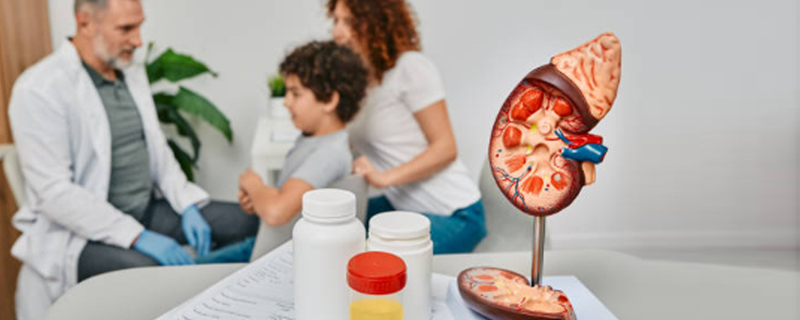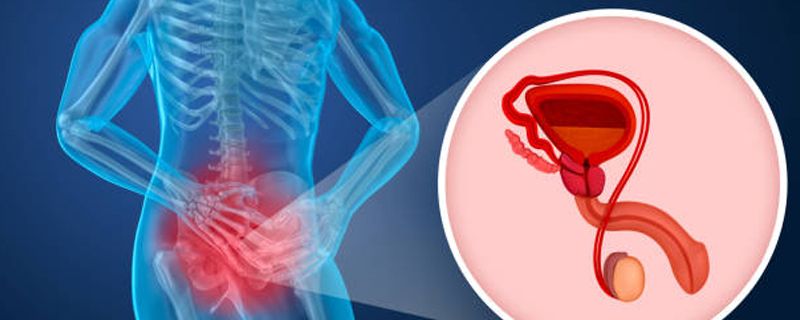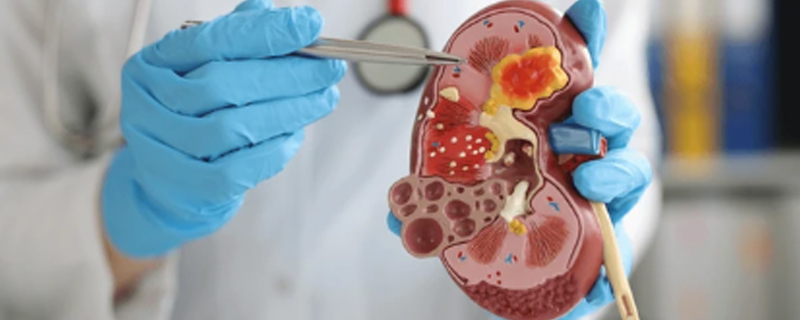
Urology
Urology is a branch of medicine that focuses on the surgical and medical diseases of the urinary-tract system and the male reproductive organs. Urologists are doctors specialized in this field, dealing with a wide range of conditions related to the kidneys, ureters, bladder, urethra, and male reproductive organs including the testes, epididymis, vas deferens, seminal vesicles, prostate, and penis.Urology encompasses several areas of medicine, including:

Covers common urinary tract diseases and disorders, such as urinary tract infections(UTIs), kidney stones, and bladder problems. Urinary tract infections (UTIs) occur when bacteria enter the urinary system, leading to symptoms like frequent urination, burning sensation, and cloudy urine. Kidney stones are crystallized minerals that form in the kidneys, causing intense pain when passing through the urinary tract. Bladder problems include conditions like interstitial cystitis, urinary incontinence, and overactive bladder, resulting in urgency, leakage, and discomfort.

Focuses on cancers of the urinary system and male reproductive organs, including prostate, kidney, bladder, and testicular cancer.Prostate cancer is common in men, typically detected through screening tests like PSA (prostate-specific antigen) levels and digital rectal exams. Kidney cancer often manifests as a tumor within the kidney tissue and may require surgery, chemotherapy, or radiation therapy

Deals with urologic disorders in children, such as undescended testes, congenital abnormalities of the urinary tract, and voiding disorders.A pediatric urologist specializes in diagnosing and treating urologic disorders in children. Some common conditions they address include undescended testes (cryptorchidism), congenital abnormalities of the urinary tract (such as vesicoureteral reflux or ureteropelvic junction obstruction), and voiding disorders like urinary incontinence or urinary retention. They work closely with other medical professionals to provide comprehensive care tailored to each child’s needs, often employing a combination of medical management and surgical interventions when necessary. Regular follow-ups and monitoring are crucial to ensure the best possible outcomes for their young patients.

Addresses urinary disorders impacting women, including urinary incontinence and pelvic floor dysfunction.most prevalent in females (urinary incontinence, overactive bladder, pelvic organ prolapse, recurrent urinary tract infection, and pelvic pain).1

Focuses on issues affecting male fertility, including varicocele, low sperm count, andissues related to sperm quality.You may have a genetic problem like cystic fibrosis. You may have a blockage in your genital tract.

Concerns with urinary problems stemming from neurological conditions, such as spinal cord injury and multiple sclerosis, affecting bladder control.Issues range from urinary incontinence, where individuals struggle to control urine flow, to urinary retention, where the bladder fails to empty fully.

Involves surgery to restore urinary tract function and appearance, often following injury or surgery for conditions like cancer.

Urologists may also be involved in the surgical aspects of kidney transplantation.A kidney transplant is a surgery to place a healthy kidney from a living or deceased donor into a person whose kidneys no longer function properly
